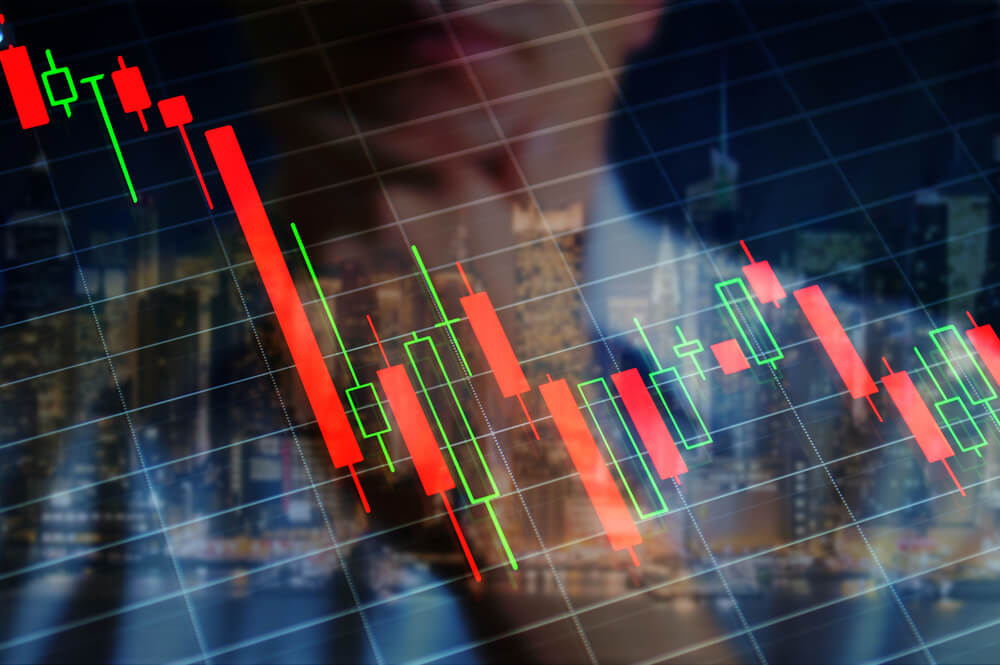Amid bank turmoil and recession fears, global central banks and investment communities await in anticipation of what could come next.
GCC countries have so far shown themselves capable of turning the tide in their favor but if conditions worsen, can they continue to proper as oil prices continue to slide on fears of a slowdown in economic activities?
Federal Reserve decisions have been pivotal in determining global investment sentiment. On 3rd May, the US Federal Reserve raised interest rates by 25bps to 5% – 5.25% range, the highest level since 2007.
“Interestingly, the ‘additional policy firming’ line was removed from the official statement, indicating that the policymakers may be leaning towards a pause,” Vijay Valecha Chief Investment Officer Century Financial, a UAE-based privately held financial services provider, told Economy Middle East.
“The CME Fed Watch tool also suggests the possibility of the 5% – 5.25% range being held next FOMC is a whopping 87%. Clearly, a pause is on the agenda, but regarding rate cuts, the Fed will probably wait until they have conclusive evidence that the inflation beast is truly tamed.”

Should the April, May, and June CPI show a systematic ease in price level growth, the resulting odds of a rate cut would drastically increase, Vijay added.
On the other hand, a hotter than expected CPI data coupled with tight labor market data will most likely bind the US economy to the 5% – 5.25% Fed Fund rates range.
Read: ECB increases Eurozone interest rate in effort to stabilize economy
“The US Leading Economic Indicator (LEI) is already down 4.5% over the six-month period between September 2022 and March 2023, the lowest level since November of 2020. This is in line with expectations of worsening economic conditions ahead and warnings of a recession starting mid-2023 in the US,” Vijay reminded.
Nonetheless, the Fed is laser-focused on bringing inflation under control. Hence, the upcoming CPI data releases can indeed tip the scales on whether the Fed remains hawkish or switches gear towards protecting economic growth.
GCC countries: Resilience in the face of turbulence
Higher interest rates are typically negative for economic growth, however, GCC economies, due to their strong demographics, strategic location, diversification, and thriving tourism, are better positioned to absorb rate hikes than other major economies.
“Since the GCC countries’ fundamentals differ from that of the US, international investors have more positive sentiments towards the region. The systematic introduction of forward-looking reforms has helped originate opportunities and attract FDI, leading to a positive reinforcing spiral,” Vijay explained.
He added: “The unparalleled rise expected in GCC capital markets activity through IPOs listings, which have garnered oversubscription from domestic and international investors provides validity to the region’s appeal. A continuation of progressive actions from the government, collaboration within the GCC countries, and further expansion of its existing business ecosystem can turn global economic turbulence in its favor.”
GCC economies are expected to outperform the global growth outlook of 2% per World Bank estimates.
“The underlying strength buoying the GCC market’s prospects is their ability to focus on critical matters such as ESG strategy, which aids in attracting foreign investment and gaining a competitive advantage,” Vijay highlighted.

ESG Push
The GCC Exchanges Committee announced a formal voluntary ESG metrics framework, listing 29 standards aligned with the World Federation of Exchanges and Sustainable Stock Exchanges Initiative. In the aftermath, UAE’s Securities and Commodities Authority (SCA) mandated ESG disclosure requirements for its publicly listed stock companies in the country. The Saudi Arabian Stock Exchange Tadawul is also in the process of publishing ESG guidelines, increasing pressure on listed companies to report progress.
“GCC countries are rapidly catching up to global peers in promoting ESG governance. As reporting requirements become mandatory, the regulatory institutions can shift their focus from defining an ESG strategy to implementing it, with data governance playing a major role in pushing the ESG agenda forward,” Vijay said.
Given that the Middle East is to take center stage with Egypt and the UAE holding COP27 and COP28, one can expect ESG incorporation to surge in the region as corporations strive to boost their appeal through the adoption of ESG principles and assist the government in achieving their sustainable development and social responsibility goals.
Crypto and the GCC
Digital currencies are risk-on assets, which means under conditions such as concerns of a recession, tightening liquidity, and turmoil in the regional US banking system, the impact on the digital currency market is likely to be adverse.
“The cryptocurrency market has been experiencing a lot of turbulence lately, with both Bitcoin and Ethereum struggling to gain momentum. This is because, during tough economic conditions, investors look for a haven which will hold its value,” Vijay indicated.
“Instances of popular cryptos, such as Bitcoin, falling over 70% in 2022, depict the volatile nature of digital currencies. They are not related to economic fundamentals but sentiments and speculations. Since risk aversion runs high during harsh economic conditions, the digital currency market will likely remain under pressure.”
GCC Countries have always welcomed innovative technologies like blockchain and are driven to be competitive on an interventional level by providing access to numerous opportunities.
“Previously, domestic cryptocurrency investors used banks or other third-party providers based abroad to fund their trades whilst incurring high foreign exchange rates and fees, longer lead times, and being subjected to overseas jurisdiction asset governance. In response, GCC economies acknowledged the digital currency’s role as an asset class and the interest from investors to engage in cryptos,” Vijay said.
In the UAE, for example, the Virtual Assets Regulatory Authority has proactively established a cryptocurrency framework and a supportive regulatory environment to grow the digital assets market. This framework is critical as it provides a reference template for other GCC countries to develop their own guidelines.
For more on the economy. click here.








